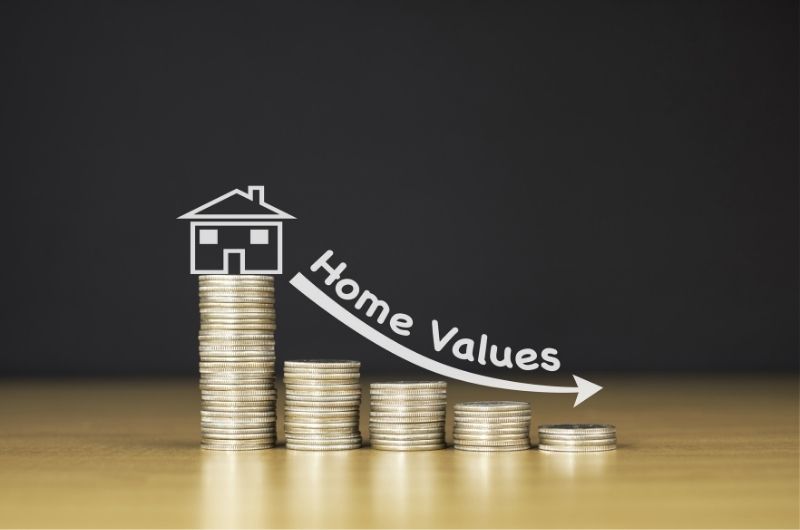
It’s common knowledge that real estate investments can come with significant tax advantages, but how can you access these benefits? Depreciation is about to become your best friend. Here’s what you need to know about rental property depreciation.
What Is Depreciation and How Does It Work?
You probably know that you can deduct smaller items like office supplies from your income when calculating your taxes. If you own assets with a useful life of a year or more, you can deduct them over a longer period. This process is called depreciation.
You can think about it like this: if a company purchases an essential piece of machinery for $5,000 and the item is expected to function for five years, the company can deduct $1,000 a year for five years.
The IRS determines the useful life spans of certain assets like rental properties. Using these life spans and the cost of the property, you can lower your taxable income. For residential rental properties, the IRS considers their useful life to be 27.5 years. Keep in mind; depreciation only applies to the building, not the land the building is on. While buildings have a “useful life span,” land doesn’t.
What Rentals Can Be Depreciated?
You must meet a few essential criteria to depreciate rental property.
- You own the property.
- You use the property to generate income.
- The property has a determinable “useful life.”
- The “useful life” must be longer than one year.
How Do You Calculate Depreciation?
Once you’ve owned a rental property for a calendar year, it’s simple to calculate depreciation. You’ll start with your cost basis. Contrary to popular belief, a cost basis refers to more than the money you paid for the property.
The cost basis does not include the value of the land the property is on, but it does include the legal costs you paid when purchasing the property, title insurance costs, property survey costs, transfer taxes, recording fees, and any debts you assume from the seller.
Once you have your cost basis, divide it by 27.5 (the useful life span of the property) for a rental property or 39 for a commercial property.
Now that you understand what you need to know about rental property depreciation, you should consider ways to make your investments easier. You can work with a rental property management company and leave all the tax calculations to someone else!


